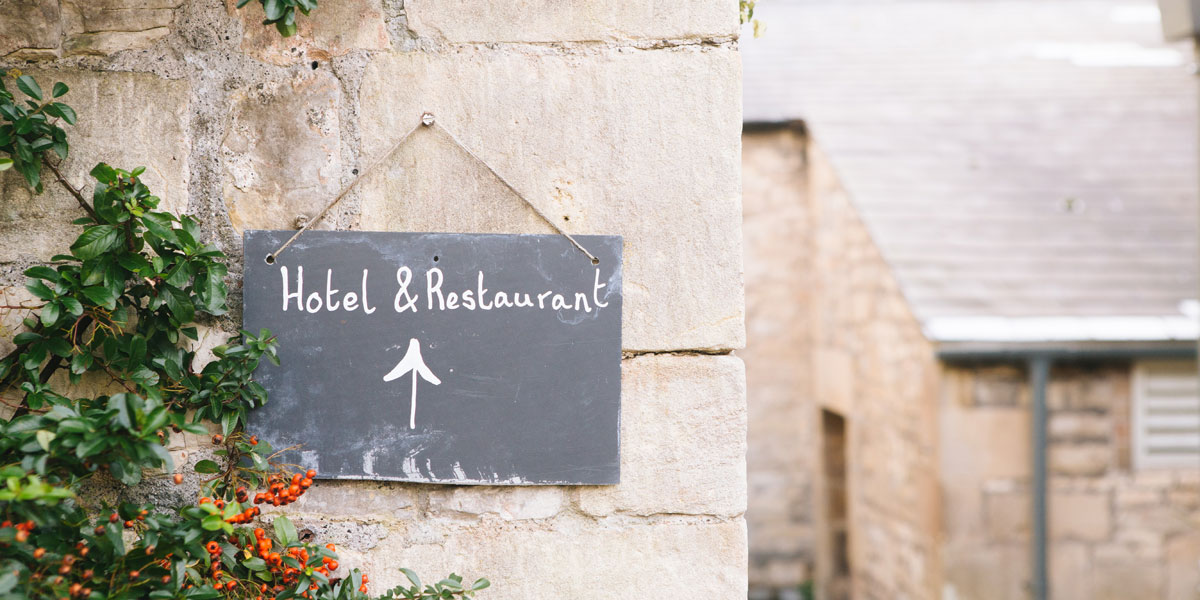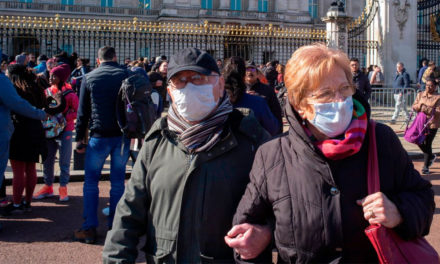It is not a surprise that the pandemic has challenged the global hospitality industry. Many hospitality businesses have had to temporarily close and have seen a significant decrease in the demand. Lockdown orders and restrictions placed on travel have led to a sharp decline in hotel occupancies and revenues.
In the UK, the new rule of six, which prevents the gathering of large groups, have seen large groups of families and friends cancel planned holidays. Under current rules for England, guidelines limit most outdoor gatherings to six people, or no more than two households or household bubbles if people are meeting indoors.
According to the UK government website, holidaymakers can only stay in a private home – which includes self-catered accommodation such as holiday cottages, apartments or boats – with members of your own household or support bubble. They go on to explain that you can stay in a hotel or similar accommodation (hostel or bed and breakfast) with another household, but should avoid sharing rooms with people that you do not live with.
The government has also introduced the new three-tier system work. Every area of England now falls into three categories – medium (Tier One), high (Tier Two) or very high (Tier Three), depending on the local rate of infection.
Job loss fears in the UK Hospitality Industry
Pub and hospitality trade bodies UKHospitality, the British Institute of Innkeeping and the British Beer & Pub Association have revealed the grim results of their latest sector wide survey. This is the second survey conducted by the hospitality market research company CGA, and the results paint a grim picture.
Hospitality businesses not viable for the Job Support Scheme have seen their cash flows decimated since restrictions have increased. With furlough ending this month, employment figures are also forecasted to plummet. Without further Government support, the survey shows that by February 2021, over 750,000 jobs will be lost compared to employment figures from February 2020.
Trade body the Night Time Industries Association (NTIA) boss Michael Kill said that “These new measures will have a catastrophic impact on late night businesses, and are exacerbated further by an insufficient financial support package presented by the chancellor in an attempt to sustain businesses through this period.”
“This next round of restrictions are hugely disproportionate and unjust, with no scientific rationale or correlation to Public Health England transmission rates, when compared to other key environments,” Kill said.
Naturally, these new restrictions have resulted in many people cancelling holidays and travel plans.
Read also: How travel will change after the pandemic
The rise of the staycation
As the UK rides the second wave of coronavirus infections, hotels and other hospitality business have had to change the way they do things. While many potential travellers are wary of returning to the old way of doing things, many are opting for self-catered, private accommodation or serviced apartments.
Your Apartment offers a selection of serviced apartments that are tech-driven and tailored to the needs of today’s traveller. Toby Guest, Director at Your Apartment, shared his thoughts on how the pandemic has affected the UK hospitality Industry.
“We saw a spike of bookings during the lockdown period, because the majority of hotels closed as they weren’t able to implement safety measures that would allow them to welcome guests.” Toby said.
“Serviced apartments not only offer privacy but also safety to our guests. Our staff spends an additional hour ensuring the space is clean before and after each stay. We have also supplied anti-bacterial spray, disposable cloths and hand sanitiser in each apartment. The apartments have private facilities like dishwashers and washing machines and cleaning products.”
- World AIDS Day: Global Solidarity, Shared Responsibility - 1st December 2020
- The pandemic is taking a toll on expats in the UAE - 12th November 2020
- 5 Things you need to know about Kamala Harris - 9th November 2020






